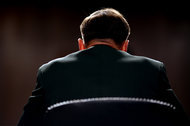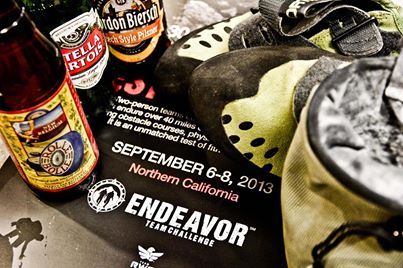General Dempsey: The military needs to reach out to civilians - The Washington Post
Jared Sperli stashed this in war
Stashed in: Military!
Together, we need to discuss who we are and what our wars mean to us. In the past, this discussion reflected the character of the war. World War II produced the Greatest Generation. The Korean War was largely forgotten and, for too long, so were its veterans. After Vietnam, our nation struggled to understand its veterans. In the Persian Gulf War, we witnessed a fully supportive home front. Now is the defining moment in our relationship with the 9/11 veterans.
As a nation, we’ve learned to separate the warrior from the war. But we still have much to learn about how to connect the warrior to the citizen. All of us in uniform volunteered to serve, but that doesn’t make us all heroes. Many of us have seen the horrors of war, but that doesn’t make us all victims. Today’s warriors and their stories are more diverse than these simple characterizations suggest.
As citizens, we must listen to our veterans. If we do, we’ll hear stories of pride and courage, anger and pain, laughter and joy. We’ll hear of actions that humble and inspire us. We’ll also hear of moments that break our hearts. These stories represent the best of our nation.
Those of us in the military share responsibility for this relationship. We should tell our stories and recognize that those who aren’t in uniform might not know what to say or ask. We also have a duty to listen. Our fellow citizens may have different perspectives that we need to hear and understand.
We must also keep faith with one another. Many of our warriors have paid a high price and need lasting support. The invisible wounds of war can linger for decades, and physical wounds often require long rehabilitations. All our veterans deserve the opportunity to contribute to society once out of uniform.
It's true, we civilians usually do not know what to say or ask.
Sometimes I can't help but wonder if mandatory training for males like some countries do (not saying ultimately deploying everyone), but just getting the male population "ready", would help bridge the civillian-military divide. It would help promote some understanding, and instilling the value of service.
But of course, America doesn't like to be forced to do things.











1:10 PM Jul 09 2013